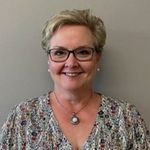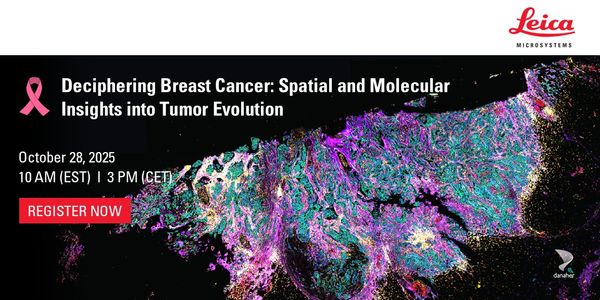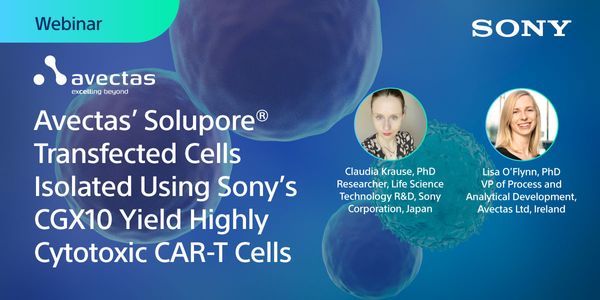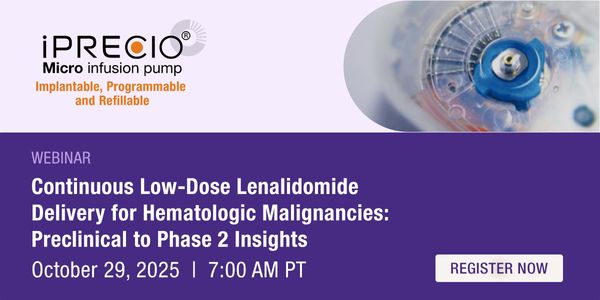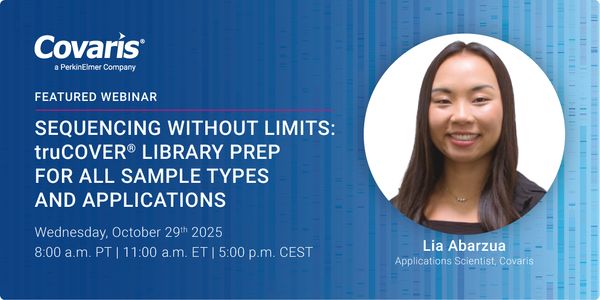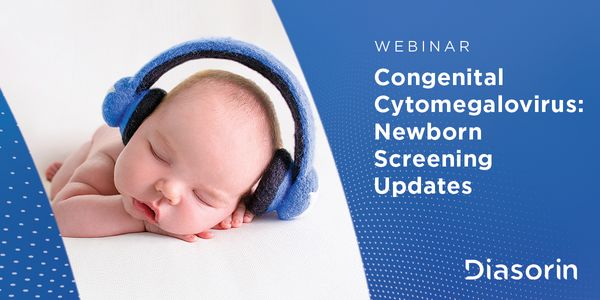Rapid Diagnosis of Complex Rare Disease Cases Using Exome Sequencing
Achieving a diagnosis in rare disease patients can be challenging for even the most experienced clinician or scientist, creating a barrier to delivering truly personalised care. An exome sequencing approach in these patients provides a balance between cost and benefit, allowing for all disease-causing genes to be analysed simultaneously and therefore reducing the need for sequential testing whilst optimizing diagnostic yield. In this talk state-registered Clinical Scientist Louisa Ive will present real-world cases that exemplify how exome sequencing is being used to end the diagnostic odyssey for rare disease patients and their families.
Learning Objectives:
1. Why is exome sequencing of particular clinical utility for patients with neurodevelopmental disorders?
2. What was the diagnostic yield following exome sequencing in this cohort (prenatal and postnatal)?
3. Discuss the clinical utility of achieving a diagnosis for one of the patients presented


